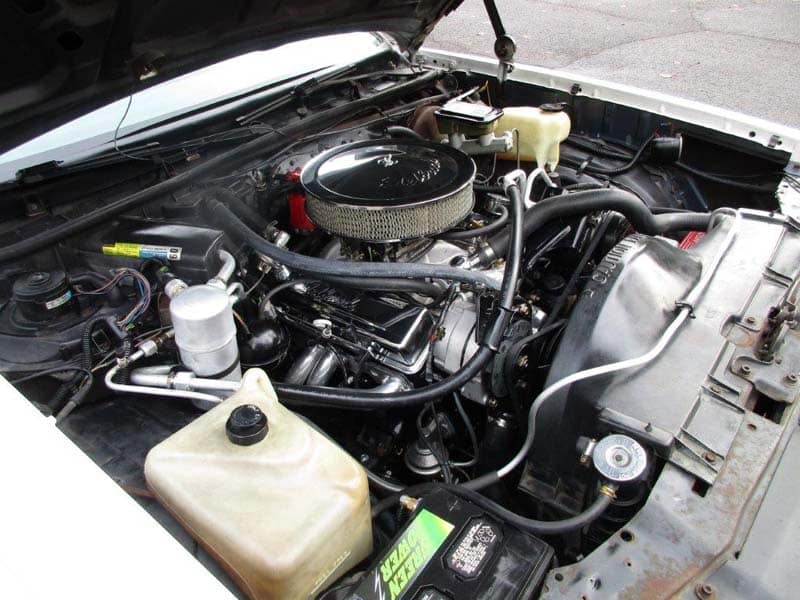Getting yourself a classic car with a great quality engine that roars when you hit the gas and purrs at a standstill is simply a dream. But, without a properly tuned Carburetor, your engine will at best only run at a fraction of its potential, and at worst may be severely damaged or permanently broken altogether! The Carburetor is the device that provides the proper mixture of air and fuel for your engine. Unlike more sophisticated fuel-injection engines, engines with a carburetor have an old school sense of rawness typified by the powerful engines of muscle cars from the 1960s and 70s. At JD’s Auto Repair, we’ve got a quick rundown on how carburetor tuning works and how you can best ensure that your engine runs optimally and without any unnecessary damage.
Carburetors vs. fuel injection
The main difference between the two is that carburetors are reliant on intake vacuum for fuel metering, whereas fuel injection engines spray fuel directly into the intake ports or combustion chambers. As fuel injection is self-tuning, they require much less maintenance, meaning that modern drivers have often lost the knowledge of how to correctly tune and adjust a carburetor!
How to tell if you need your carburetor tuned
For those that are not real motorheads, it might be difficult to tell whether or not your carburetor is in need of tuning. However, there are a few ways you can easily tell. If your engine doesn’t start and run when idle, or if it coughs and splutters, spewing out black smoke from the tailpipe, then you need to get your carburetor tuned as soon as possible! If you have an air to fuel mixture that is too rich, there’s a high possibility that you’ll eventually wash down the cylinder wall and dilute the oil due to the excess fuel. With a mixture that not rich enough, your engine is likely to drastically underperform, feeling sluggish and slow, and importantly, stalling or choking at lower speeds.
What happens during a carburetor tuning?
If you’re not handy with fixing up cars, it’s best to take your motor to an auto repair shop. Simple tuning requires an adjustment of the simple idle speed and mixture, which ensures it runs efficiently. You may also require a resizing of the main jets and adjustment to the choke linkage. For more major tuning requirements, you may need to change the venturis, the venture boosters, air bleeds and emulsion tubes, metering blocks, accelerator pumps, cams and discharge nozzles, or the power valves. For these major modifications, it’s highly recommended to visit a good, well-recommended auto repair shop.
Getting your carburetor correctly tuned can make all the difference to how your engine runs and may even save you permanently damaging it all together! If you need some minor tweaks to your carburetor than you may want to attempt these yourself if you feel confident, but if you’re in need of some major work, it’s best to visit a qualified auto repair shop for expert help. At JD’s Auto Repair Shop, we offer high-quality, carburetor tuning that will get your car’s engine running as smoothly as possible, making it feel like a whole new car when you drive away!

